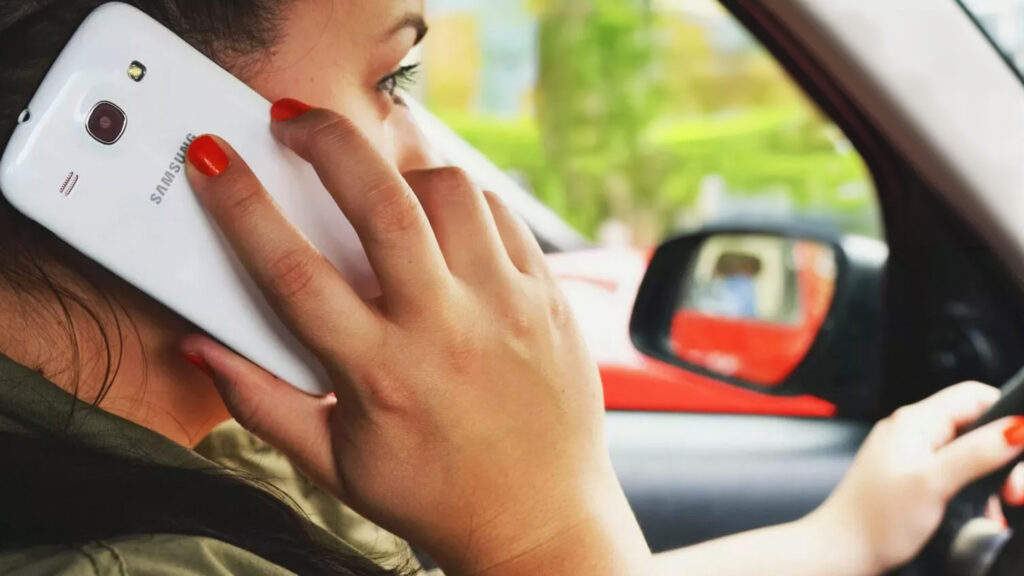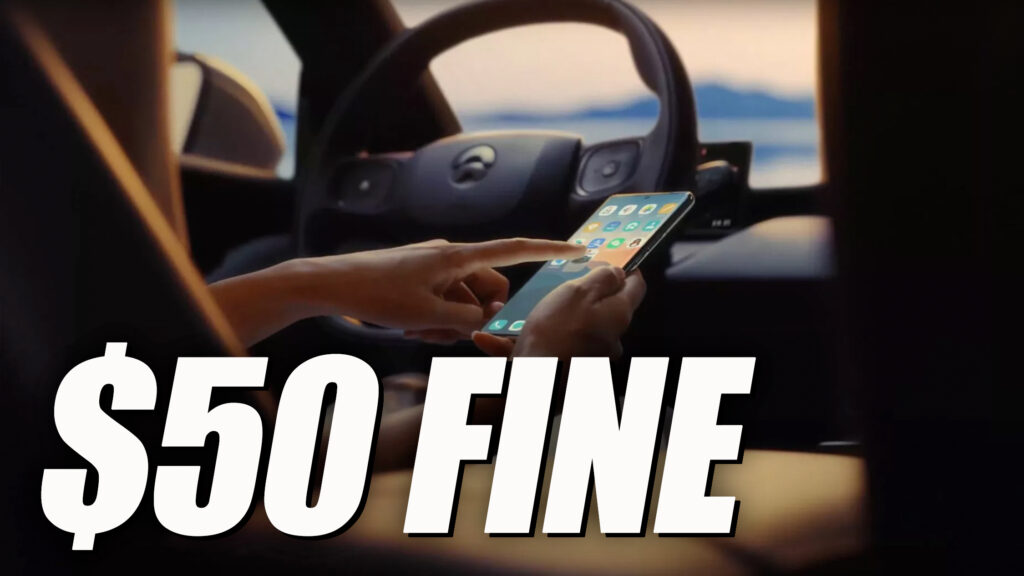- Pennsylvania poised to ban the use of handheld wireless devices, including phones, by drivers
- State already banned texting and driving but new updated legislation covers other device interactions
- Law will take effect one year from signing and conviction would result in a $50 fine
Pennsylvania is about to add its name to the list of U.S. states that prohibit drivers from using phones and other handheld electronic devices when behind the wheel.
The state Senate and House have already approved a new bill banning their use, and Gov. Josh Shapiro has indicated that he plans to sign it. If he does, the law will take effect a year later, at which point police will have the right to stop anyone using a device and fine them $50, even if they are stationary at traffic lights. But a one-year grace period means cops will only dish out warnings for the first 12 months.
Related: Michigan Senate Votes To Ban Phone Use While Driving, But What About Touchscreens?
Pennsylvania passed legislation outlawing texting and driving in 2012, but phones – and how we interact with them – have changed a lot in the intervening decade. The new law is designed to account for the many different ways electronic tech can distract the state’s drivers, and hopefully help cut down on the number of accidents attributed to driver distraction.
“We need to make sure that it is not just texting we’re trying to prevent,” state Rep. Steven Malagari (D-Montgomery) said in April before the bill passed the House.
“We’re trying to prevent people from watching movies while they are driving. We’re trying to prevent them from scrolling Facebook while they’re driving. We’re trying to prevent them from checking their emails or responding to anything else that is on their smartphone device,” Malagari said to Pennsylvania’s Capital-Star.

Pennsylvania is hardly leading the charge with this new law, which only brings it into line with the many other states that already outlaw phone use. As is the case in those other states, drivers can still use their phones to listen to music or as a GPS system, provided they’re not physically holding it.
Some lawmakers voiced concern that the legislation would give police the opportunity to target drivers based on race, so the Pennsylvania bill also requires larger police departments to collect and publish data about traffic stops, including the driver’s race.




